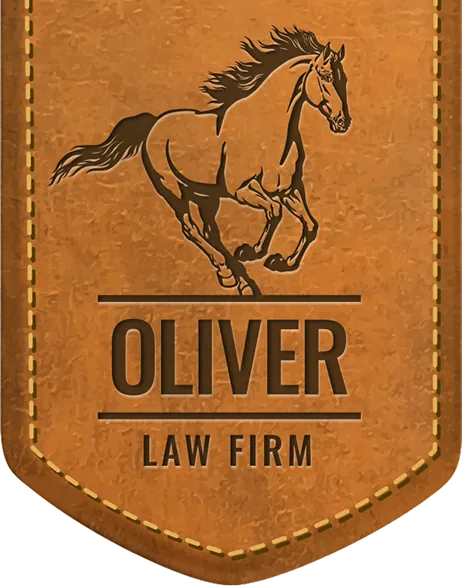This book is incredible. The style is easy to read, easy to comprehend, and powerful. The information makes the reader think about their life while staying simple enough to sum-up every chapter in one sentence. Instead of talking about how his ideas are right, Dale Carnegie shows the reader how the ideas are right through stories and illustrations. He uses examples from history and the present-day (as of the time the book was written) interchangeably to show how the theories and ideas hold up over time. It’s one of my favorite books I’ve ever read.
I read most of the book while travelling back from the AAJ Winter Convention and I had to catch myself because I was nodding along with what the book says and getting weird looks from my fellow travelers. I tried to take a picture of every page with something I wanted to remember and put in this report, but I took too many pictures. So what I’m going to do is just mention the few points that I know for sure will stick with me from now on.
First, learn and remember peoples’ names. It’s important. It’s extremely important. Up until now, I’d put forth a half-hearted effort to “get better” at remembering peoples’ names and never put much thought into it. That’s a sign of how selfish I was being. I didn’t care enough about the people I come into contact with to even learn the one thing about them that sets them apart from every other person; their name. Not only learning their name, but learning how to properly pronounce it and learning their full name. My wife, Moriah, is a Math and ESL teacher in Bentonville and does this with all of her students. I always thought it was kind of silly. If a kid goes by “KJ,” why try to learn his or her given name? But Carnegie told a story about a man who went by “Nick” but had a much longer & more complicated Eastern-European name. When the storyteller learned Nick’s full name, and used it when he addressed Nick, Nick broke down crying with appreciation for someone caring about him enough to learn his full name. I will start doing everything I can to remember names.
Second, compliment others and put them ahead of myself. This is kind of a mash-up of several points Carnegie makes, but the gist of the idea is this; “In order to really influence people, you can’t act like you’re more important/knowledgeable/or better in any way than they are.” Everyone in the world wants to feel important and special. It’s best summed up in an old Chinese proverb Carnegie put in the book (that I’m going to paraphrase instead of searching through all my pictures to find): “The mighty river is held in higher esteem than all the mountain streams because it places itself lower than they are, so that they can flow into it.” Basically, if you want to have real influence, you need to allow others to pour into you or help you. If you want other people to put forth effort to help you, you have to place yourself lower than they are.
Finally, avoid confrontation at all costs (outside the courtroom) even if I’m right. Any argument that takes place in our personal life has no winner. If I argue with Moriah or correct her, I may technically “win” the argument, but all I’ve done is alienate my wife and make her feel bitter. The same is true for all friends, family, and other acquaintances. Carnegie told a story about when he was younger and a guest at a very proud military leader’s house. The military leader was dead wrong about a claim he was making, and Carnegie knew it. When Carnegie corrected him, the man became defensive and hostile. Carnegie’s friend took the military man’s side and later explained that absolutely nothing positive would have come out of proving the man wrong. It would have only left him with a sense of dislike towards Carnegie and his friend. I need to get better at this. If someone says something that is incorrect, or even partially incorrect, I’m quick to correct them. Instead, Carnegie said to open with the phrase, “I’m often wrong about things like this, but…” and then politely say that you think the answer may be something different. Then, the two of you can “discover” the correct answer together instead of you having to correct them. That keeps people from being misinformed but also keeps people from disliking you.
The only thing I want to say in conclusion is to advise everyone to read the book. There’s no way I could ever put all the positive things I learned from this book into a report, and I’m sure the things that registered with me are probably not going to be the same things that hit home with you. I’ll close with a quote Carnegie put into the book that I found particularly insightful, “All men have fears, but the brave put down their fears and go forward, sometimes to death, but always to victory.” – Motto of the King’s Guard in ancient Greece and the unofficial motto of the trial lawyer.
a Free Consultation



